From Pet Toys to Gardening Tools: What Your Dishwasher Can Really Handle
Get the most out of your dishwasher with these unexpected, time-saving cleaning hacks
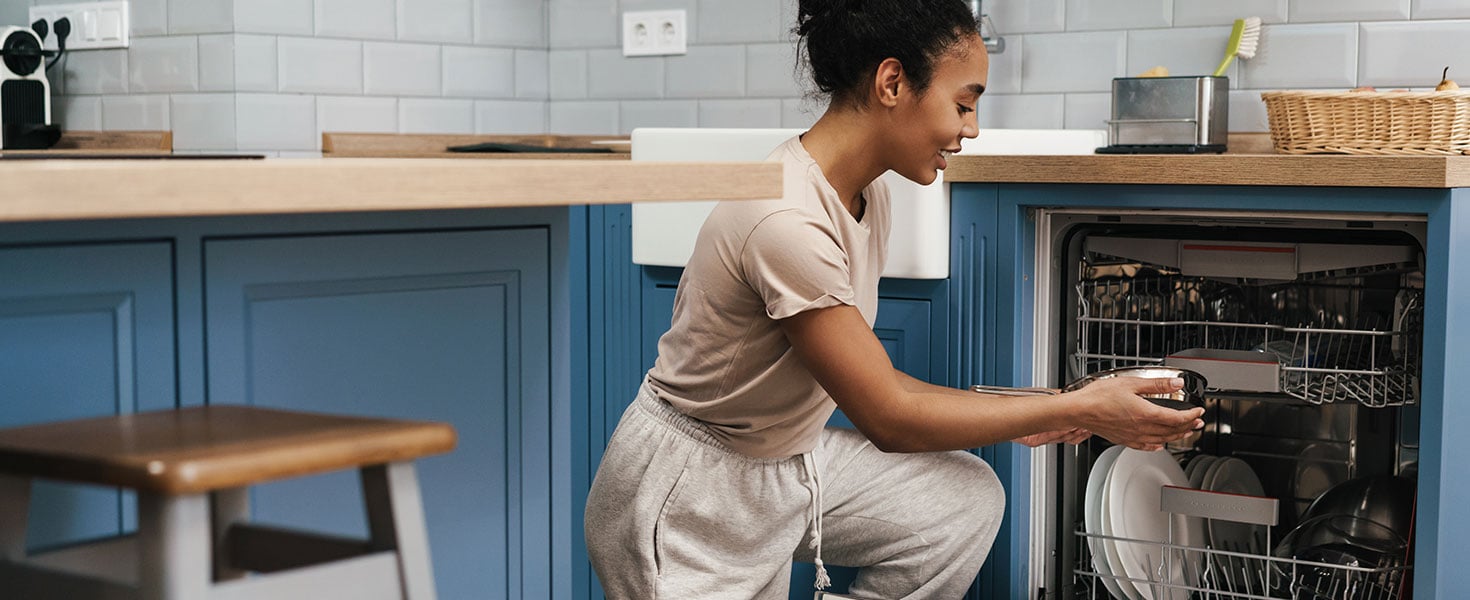

Refrigerator sales dominate the household appliance market—with stoves, ovens, and washing machines not far behind.
Dishwashers, though? They’re not quite in the same league. Perhaps it’s because soap and a pair of hands still get the job done. But a dishwasher may get more love if people realized what a solid value they actually are.
“Dishwashers are far more versatile than you may think and can clean beyond your average set of plates and bowls,” says Mattia Sala, product manager at SMEG USA, the US branch of the Italian design-focused appliance brand renowned for its eye-catching, high-end designs.
Here are nine ways to put your dishwasher to work.
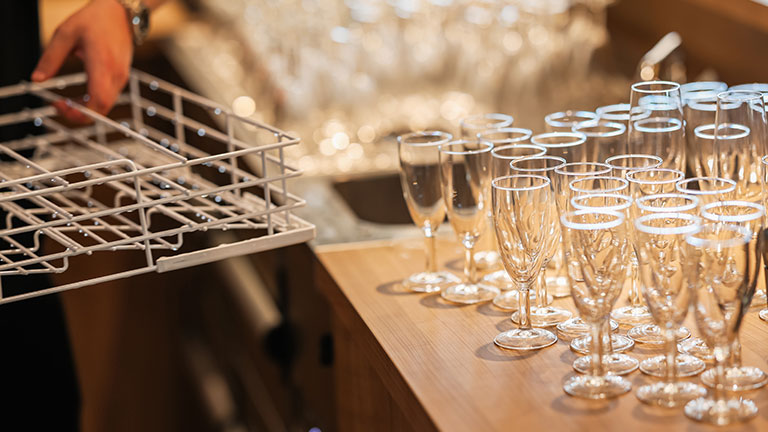
Stemware
Don’t be afraid to put your everyday stemware in the top rack of the dishwasher—especially newer pieces. Just be sure to leave enough room between glasses to prevent them from clinking and cracking during the cycle. SMEG’s dishwasher collection, launched in June 2025, features a WinePro accessory with flexible tines designed to securely hold stemware and even a decanter.
“It’s important to note that whenever washing delicate glassware, select an appropriate program, typically one called ‘Crystal & China’ or ‘Delicate,’” Sala says.
Nevertheless, it’s still best to wash valuable or antique glassware by hand since dishwashing detergents can leave behind a cloudy residue or cause pitting, especially on lead crystal or hand-blown items.
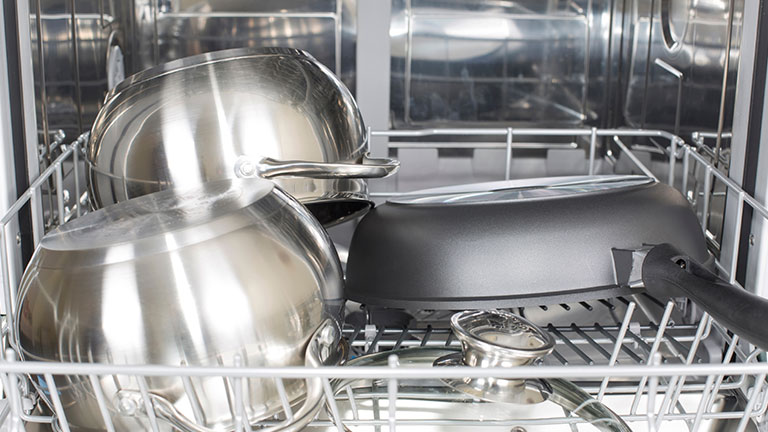
Heavy-bottom pots and pans
Place dishwasher-safe pans on the bottom rack, with the soiled side facing downward to maximize exposure to the spray arms and heating elements, Sala says. This ensures a more thorough clean, especially for cookware with baked-on residue.
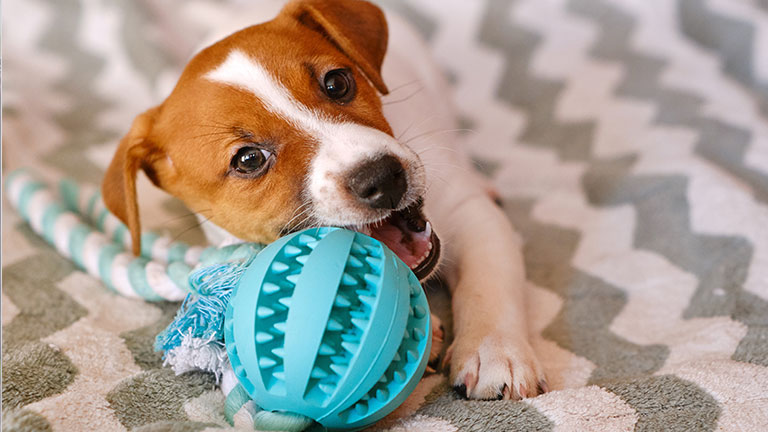
Pet products
Whether they’re ceramic or stainless steel, pet bowls can get caked with leftover food and become breeding grounds for bacteria—especially water bowls. The American Kennel Club recommends washing your pet’s bowls daily. (Pro tip: Keep a second set on hand so that you can rotate them out between washes.)
Many pet toys are also dishwasher safe, especially if they’re made of durable rubber or hard plastic. The Kennel Club LAX in Los Angeles recommends placing them on the top rack to avoid exposure to high heat near the bottom and allowing them to air-dry. Keep these rules in mind:
- Never put thin plastic in the dishwasher, as it may warp or melt.
- Inspect toys after washing for signs of cracking or wear, as damaged toys can become choking hazards.
- Maytag does not recommend washing leashes and collars in the dishwasher. If they’re made of fabric or nylon, clean them in the washing machine (inside a mesh laundry bag, if possible). For leather items, stick to handwashing with a gentle cleanser.
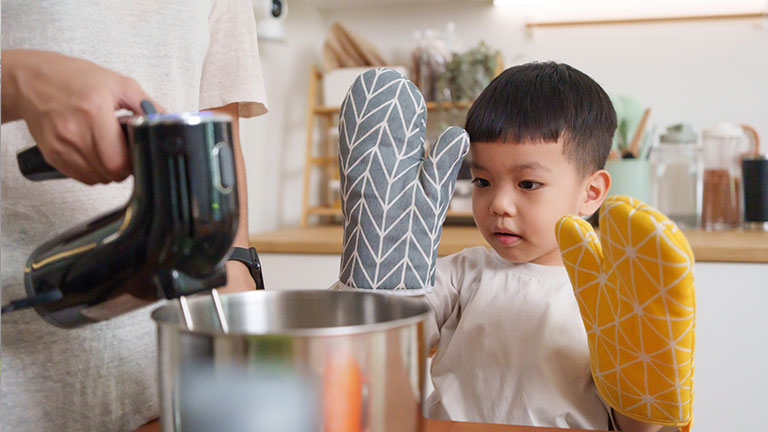
Home and kitchen Items
You also can wash the following home items in the dishwasher, according to Sala:
- glass vases
- microwave turntables
- silicone utensils
- oven mitts
If the machine is large enough, you could even place refrigerator shelves and bins on the racks.
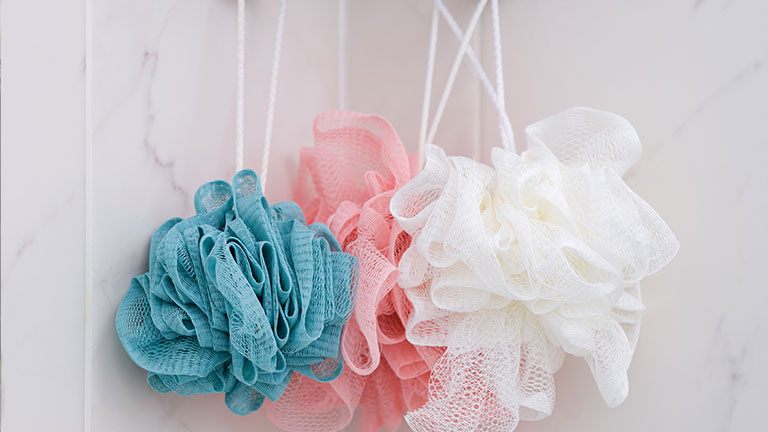
Cleaning accessories
Sure, you could clean a sponge with boiling water or vinegar—but it’s often easier (and more effective) to toss it in the dishwasher. Use the highest heat and drying setting, recommends Jennifer Parnell, co-founder of Humble Suds. This helps sanitize the sponge and remove bacteria. Just avoid washing sponges that have been used for raw meat cleanup; those should be discarded instead.
You can give body sponges and bath poofs the same treatment, but be sure they’re made of dishwasher-safe materials since some may melt or degrade. Mesh bath poufs should be air-dried completely after washing to prevent mildew.
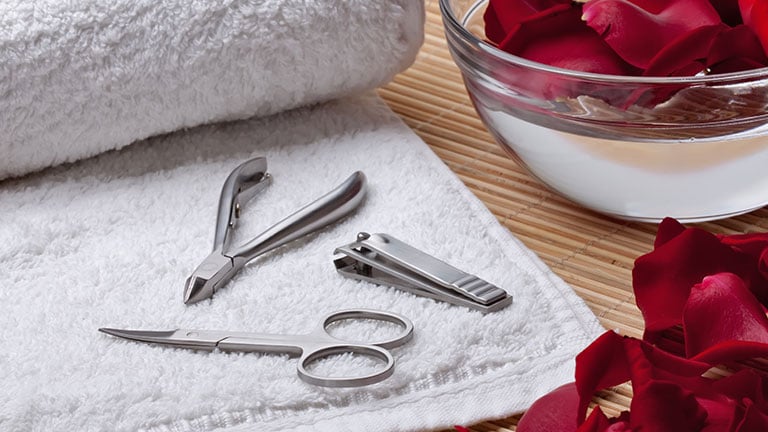
Grooming tools
Most stainless-steel manicure scissors and tweezers are generally dishwasher-safe. To keep them from getting lost, place them in the utensil caddy or a mesh bag; however, avoid washing tools with plastic handles this way, as the heat can cause them to warp or break down. Keep in mind that while dishwashers do sanitize, they don’t fully sterilize your tools.
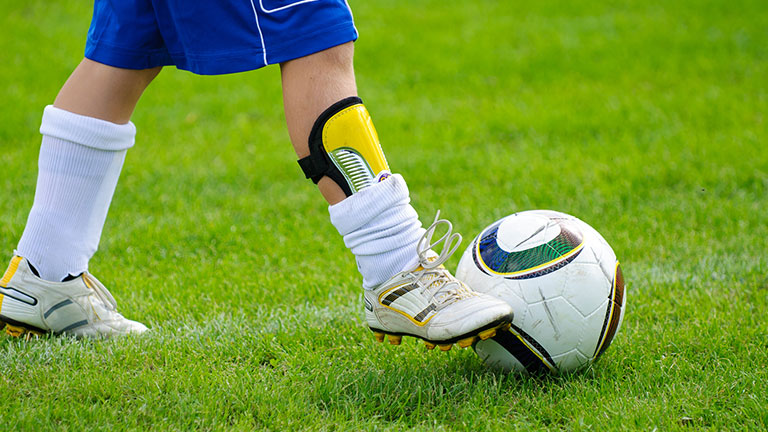
Sports equipment
According to Whirlpool, mouthguards, golf balls, and shin guards can be washed in the dishwasher. Separate the items from any fabric, which should never go in the machine. Consider leaving your dishes out of this load, especially if you’re squeamish.
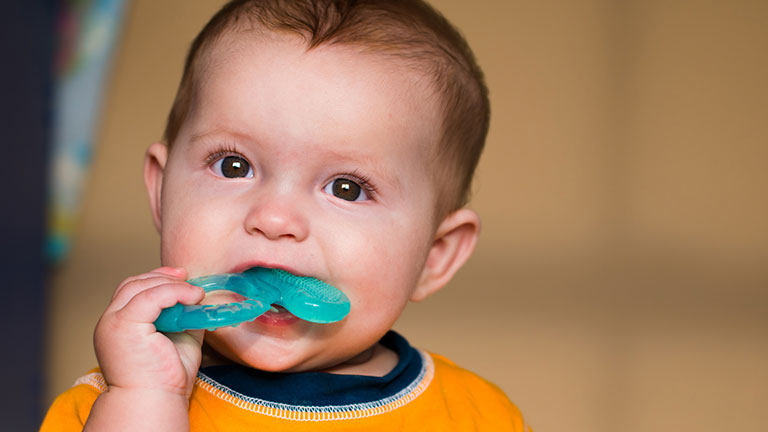
Kids’ toys and baby items
Many teething rings and hard plastic bath toys are top-rack dishwasher-safe, but always check the label first. Use a mesh laundry bag (like those for delicate lingerie) to keep small items secure. Avoid putting in toys with batteries, gel fillings, or soft plastics, as they could become damaged. Also be aware that while dishwashers sanitize, a baby bottle sterilizer is more effective for full sterilization.
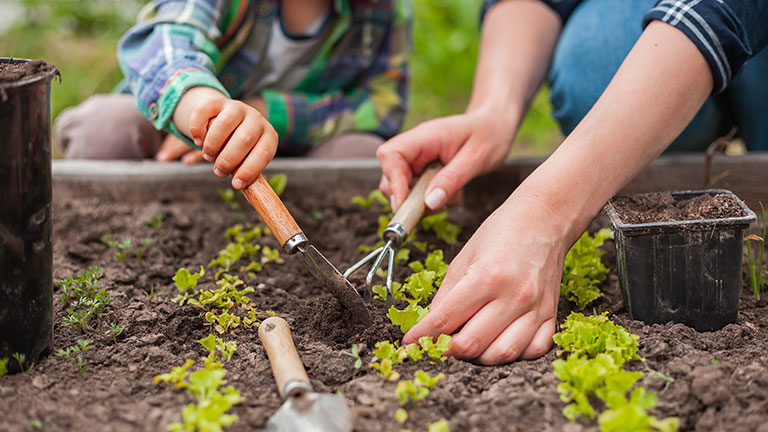
Gardening tools
Many household guides suggest that metal and plastic gardening tools are safe to clean in the dishwasher, but be sure to rinse off excess dirt first. Still, this practice may be off-putting to some.
When in doubt about what to put in your dishwasher, trust your judgment—and use your hands.
